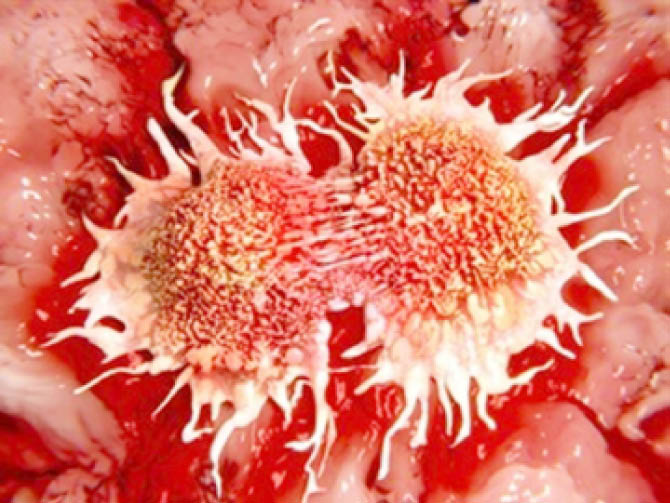The University of Ibadan Alumni Association (Worldwide) in conjunction with University College Hospital (UCH) at the weekend raised an alarm over the increasing number of cancer patients in the country.
The university alumni said research projected that death related to cancer will increase by 68 per cent before 2030.
- We won’t allow anyone rig 2023 election, Makinde assures voters
- 15 remanded for kidnapping, killing travellers in Ibadan
To this end, the association said cancer was responsible for 97,000 deaths in Nigeria with new cases estimated at 125 annually.
The President, University of Ibadan Alumni Association, Worldwide, Prof. Elsie Adewoye, who stated this at a press conference held at the University of Ibadan (UI) yesterday, urged organisations, individuals, agencies, and commissions to join hands with the association to find an acceptable solution to the health problem.
According to her, critical issues that have been adduced for the growing rise of the illness in the country are the cost implications of treatment, fear to speak up by victims, lack of access to medical facilities, near absence of oncology and diagnostic centres in the country, lack of the study of oncology in universities and the absence of a clear cut scientific explanation for the causes of cancer.
She said: “The burden of cancer in Nigeria, Africa’s most populous country, is large and growing. It remains a challenge with a continuous increase in prevalence not only across Nigeria but many countries, especially in low and medium-income countries.
“To ameliorate the situation, the University of Ibadan Alumni Association has decided to establish a N2billion cancer diagnostic centre at the University College Hospital, Ibadan. This initiative in our estimation deserves the support of all people of goodwill, critical stakeholders in the health sector in Nigeria, and hopefully beyond.”
While responding, the representative of the Chief Medical Director of UCH, Prof. Adeniyi Adenipekun, lauded the initiative, saying that the project came at the right time.
“It tells you the burden of cancer in Nigeria. 70% to 80% of our cases come in less stage where treatment and cure are almost impossible. Why? Because the diagnostic aspect is not robust enough.
“So, if a programme like this will come up with a diagnostic centre where people can quickly access diagnosis, then early detection will now be a common occurrence unlike what we have right now. What the alumni is doing is so timely in collaboration with UCH,” he emphasised.

 Join Daily Trust WhatsApp Community For Quick Access To News and Happenings Around You.
Join Daily Trust WhatsApp Community For Quick Access To News and Happenings Around You.